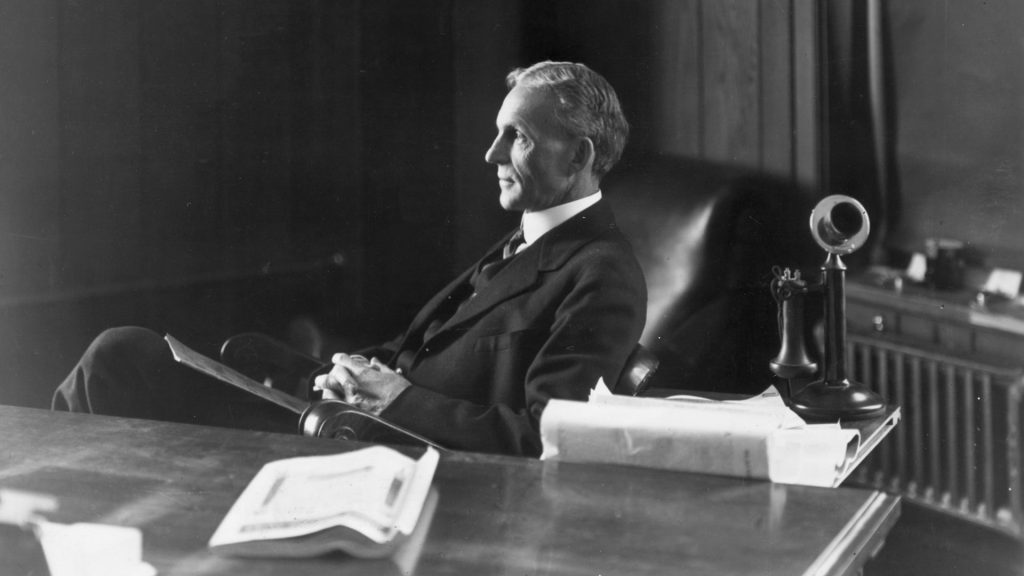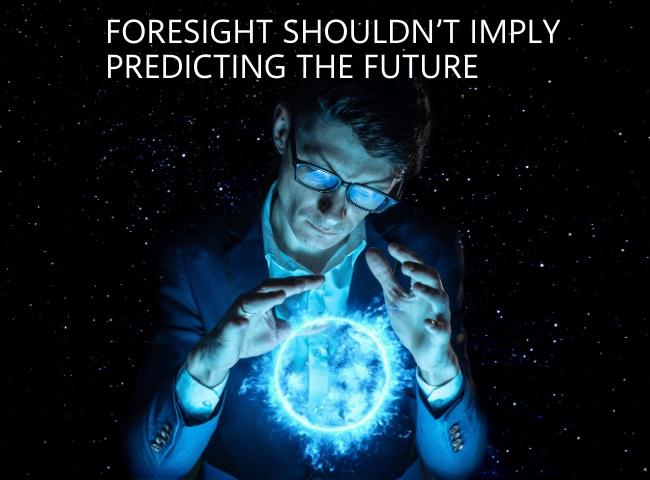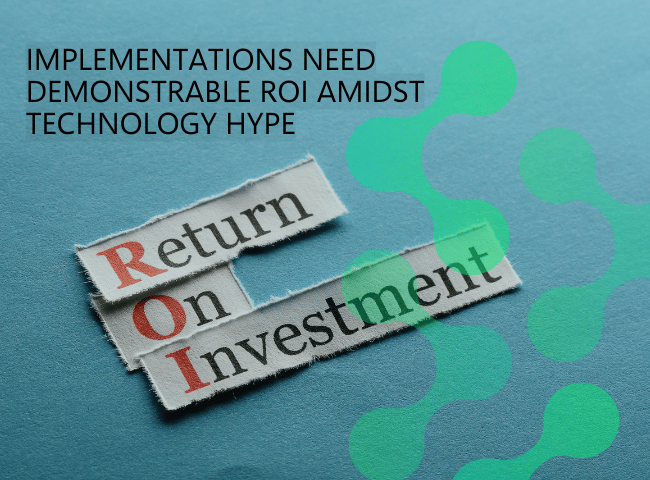Do Customers Know What They Want?

“If I had asked people what they wanted, they would have said faster horses.” – Henry Ford, founder of the Ford Motor Company
The question of whether customers know what they want is probably as old as the history of trading and markets. While Henry Ford is credited as being a pioneer in making motor cars affordable for middle-class Americans, it seems that he (allegedly) didn’t think that customers know what they want.
And yet, if Ford had ‘given them faster horses’, the motor vehicle industry today could very well have been quite different. At the very least, it’s an interesting thought. So where does this leave your business – do your customers know what they want, or are they simply settling for the best solution to solve a current challenge, without the foresight of thinking about the future?
And does your organisation take their thinking and concerns into consideration?

Solving the Problem for Now
While there is a perception – which certainly is correct in some situations – that clients find themselves contemplating short-term solutions to solve a current challenge, rather than biting the bullet and accepting the temporary discomfort that may come with enabling a longer-term, future-focused implementation, it is true that some short-term solutions do offer value in themselves.
As outlined by FasterCapital, a Dubai-based online incubator and accelerator, short-term solutions can help in achieving long-term goals, as they provide the necessary momentum and progress to keep us moving forward. By providing quick wins, short-term solutions can keep us motivated and engaged in the process of working towards the longer end-game.
Additionally, short-term solutions allow us to adjust our course along the way by identifying potential roadblocks, so that adjustments can be made to the approach, and the organisation can continue on track towards its long-term targets.
Short-term solutions can also create momentum in achieving our long-term targets, because progress and success can create confidence and further motivation.
However, while quick wins and momentum are important, it’s also crucial to ensure that your short-term solutions align with your long-term goals and are sustainable over time – which is where foresight enters the picture.
Embracing Foresight Thinking to Remain Future-Focused

By finding the right balance between short-term solutions and long-term goals, an individual or organisation can achieve success. Being prepared and able to change over to a longer-term approach, while it may be more uncomfortable at the time, is important.
In the business world, foresight shouldn’t imply predicting the future, but instead being able to prepare for future changes.
This is outlined by consumer feedback and analytics company Voxpopme, which clarifies that foresight in a company should provide it with factors that could include – but are not limited to – the following: strategy; seeing patterns of change; an understanding of the consumer of the future; and a comprehension of what’s happening in the world.
Businesses want to understand their consumers at a deeper level – both in the present and future – and be able to adapt the business to changes in the customers’ outlook and experience. That can include changes in consumer behaviours; competitor popularity – the consumers’ chosen alternatives to your business – and their embrace of technology.
It’s also important to understand how markets have grown in the past and then be able to project this into the future, to see where there are opportunities. Appropriate future-proofing actions could include having a business re-think its models; revising its strategies with its consumers in mind; considering new partnerships; adapting how its employees work; and broadening its market footprint.
Learning the Lessons from the Past
Henry Ford is remembered in the annals of history as a legendary figure, and like anyone, he had his flaws – many of which had their foundations in not listening to people, from his workers to clients.
These flaws are on record as including a refusal to recognise the unions, which led to extreme violence outside the Ford Motor Company’s grounds in May 1937; his refusal to offer credit to allow customers to buy more expensive models; and a refusal at a stage to diversify the motor vehicle ranges that the company offered.
At Braintree, we are aware that by using foresight planning techniques and enabling technology solutions, businesses can more agile and better able to anticipate future events. Foresight planning can help a company appear more innovative and forward-thinking than its competition, which leads to increased business success.
At the same time, it’s important for your organisation to be able to support your clients at whatever stage their business is at. If the time – or budget – is not right for a foresight-enabling long-term solution, perhaps the best thing to do is listen to your clients’ current thinking and concerns, take these into consideration and support them accordingly during the short-term challenges.
After all, any great relationship, whether business or personal, is geared to stay for the long haul.








